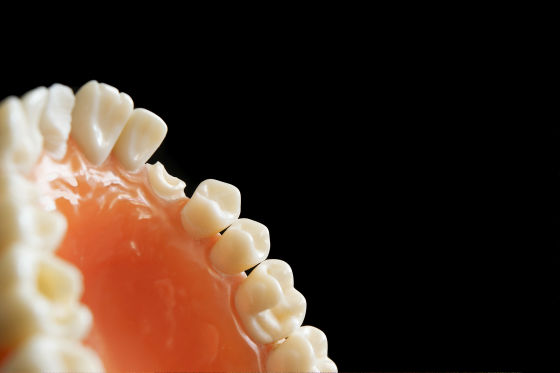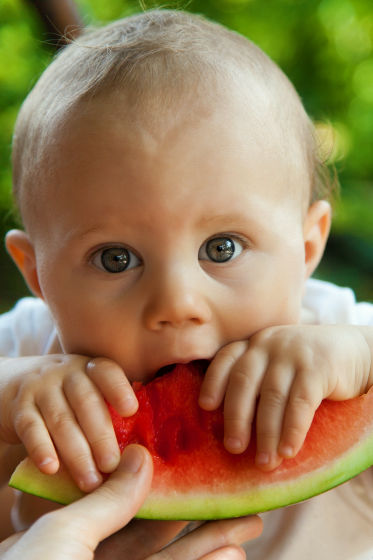It is not 'dental correction' that is important for good dentition

by rgerber
Human teeth are a good thing that should be "natural engineering things" that can keep breaking food without breaking it for the rest of its life. However, on the other hand, it is also a fact that there are many problems with teeth, such as being suffering from wisdom , having the upper teeth, and having only a few teeth distorted. This seems to be a problem caused by the teeth being too large for the human jaw, but in fact the problem is rather in the size of the jaws. Why is not the best way to correct dental problems, from the aspect of human evolution , Paleoanthropologist Peter Anger , an evolutionary biologist, answers.
Aeon Ideas It's Not That Your Teeth Are Too Big |
https://aeon.co/ideas/its-not-that-your-teeth-are-too-big-your-jaw-is-too-small
Non-human animals tend to have straight teeth. The same is true for human ancestors, but modern people who live far from hunter-gatherers are not limited to this. On the other hand, it is interesting that Tanzania's Haza who live in hunting and collecting even today are different in appearance of teeth from the modern people who run city life. For example, many of us have 16 teeth each, including wisdom teeth, while Haza has 20 teeth each. And the engagement of the upper and lower teeth is perfect, and it seems to have beautiful teeth. In other words, Haza teeth, like human ancestors and monkeys and apes, are perfectly matched to the shape of the jaw.
Then, why do the teeth of the modern people who live in the city have such problems? This is not a problem with the teeth, but the jaw is too small. Human teeth are covered with hard enamel, but the cells that make this enamel die when they grow out. The size and shape of teeth are genetically programmed, and it is not possible to create teeth later according to the condition of the mouth.

by huertacs
The size of the chin is determined by both genetics and the environment. The growth of the chin, in particular, is influenced by the child's environment and grows as it is used more often. Daniel Lieberman, who is an evolutionary biologist at Harvard University in this regard is the food and hard diet "is soft and cooked in 2004 Hilux was given to the growth of bone that support the teeth as the work is often meal bite is increased Announced the results of the survey. Lieberman concluded that the size of the jaw is dependent on the pressure caused by the bite.
There are other studies as well, and Robert Corruccini, anthropologist at the University of Illinois, compares urban and rural people in India and eats foods such as soft bread and beans, as well as diets focusing on firmness and vegetables. Investigated the impact. Corruccini also conducted similar surveys for people of different generations in Arizona, USA. As a result, it has been shown that the size of the jaw differs greatly depending on the diet.

by PublicDomainPictures
Tooth alignment is also a problem in appearance, but it also affects the biting itself and dental caries. There is also a means of correcting teeth to improve the alignment, but most of the corrections are to pull the teeth to the length of the jaw. Some scholars think that this kind of correction is meaningless in terms of evolution. In other words, it is more important to "grow the jaws", and it is thought that stimulating the growth by stimulating the bone, especially in childhood, is a better way to reduce the number of treatments in later life. .
Related Posts:
in Science, Posted by darkhorse_log







